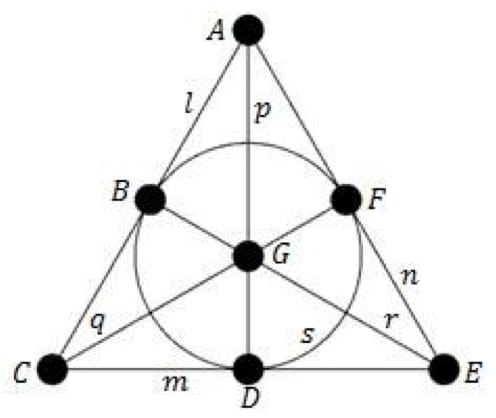This post focuses on philosophical objections to Bayesianism as an epistemology. I first explain Bayesianism and some standard objections to it, then lay out my two main objections (inspired by ideas in philosophy of science). A follow-up post will speculate about how to formalize an alternative.
Degrees of belief
The core idea of Bayesianism: we should ideally reason by assigning credences to propositions which represent our degrees of belief that those propositions are true.
If that seems like a sufficient characterization to you, you can go ahead and skip to the next section, where I explain my objections to it. But for those who want a more precise description of Bayesianism, and some existing objections to it, I’ll more specifically characterize it in terms of five subclaims. Bayesianism says that we should ideally reason in terms of:
 Apple Podcasts and Spotify do not show images in the episode description. Try Pocket Casts, or another podcast app.
Apple Podcasts and Spotify do not show images in the episode description. Try Pocket Casts, or another podcast app.